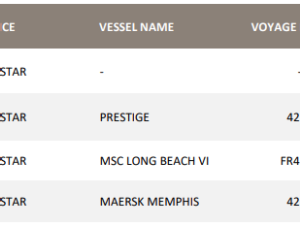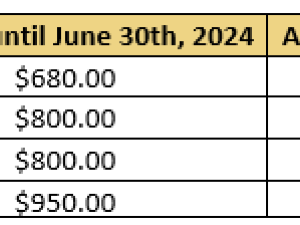Shipper Hapag-Lloyd’s CEO sticks with flotation plans
By: Reuters | Oct 11 2015 at 07:55 AM | Liner Shipping
FRANKFURT - Container shipping group Hapag-Lloyd is sticking with plans to float, its chief executive said, despite other German companies curbing their listing ambitions due to uncertain markets and the impact of the Volkswagen emissions scandal.
Hapag-Lloyd aims to raise $500 million in a stock market flotation this year and has said it will use the proceeds to invest in new ships and containers.
“There will never be a perfect time ... one should not be too dependent on (the market). From a company perspective, it is a good time,” Hapag-Lloyd Chief Executive Rolf Habben Jansen told Frankfurter Allgemeine Sonntagszeitung (FAS) in an interview published on Sunday.
Plastics maker Covestro and automotive supplier Schaeffler have cut the price and volume of their planned listings due to investor sentiment. Both firms supply the auto industry, which has been rocked by the Volkswagen scandal.
Building materials maker Xella pulled its flotation plan entirely.
“We have been posting profits for two quarters and managed the integration of (Chilean peer Vapores) CSAV better and faster than expected. Those are strong arguments in talks with investors,” Habben Jansen told FAS.
He also believes a crisis in the shipping industry will end in two to three years as shippers have been ordering fewer new vessels since 2012 and widening of the Panama Canal will lead to many smaller ships being scrapped, alleviating over capacity.
Habben Jansen said Hapag-Lloyd would continue cost cutting next year but would not cut more jobs.
Hapag-Lloyd launched a savings programme last year that will cut annual costs by $200 million, in addition to $400 million of synergies from its merger with CSAV. Due to the merger, Hapag-Lloyd is cutting fewer than 1,500 jobs.
Hapag-Lloyd is 78 percent owned by a consortium of CSAV, the city of Hamburg and entrepreneur Klaus-Michael Kuehne. Tourism group TUI owns 14 percent.
TUI has said it would offload at least part of its stake in Hapag-Lloyd in an initial public offering (IPO), but its chief Friedrich Joussen made more cautious comments over the weekend.
“Where applicable, we will contribute part of our holding, depending on investor demand the market environment,” weekly Euro am Sonntag quoted him as saying in an interview, but said he affirmed TUI’s longer-term intention to exit its investment in container shipping and focus on tourism.









